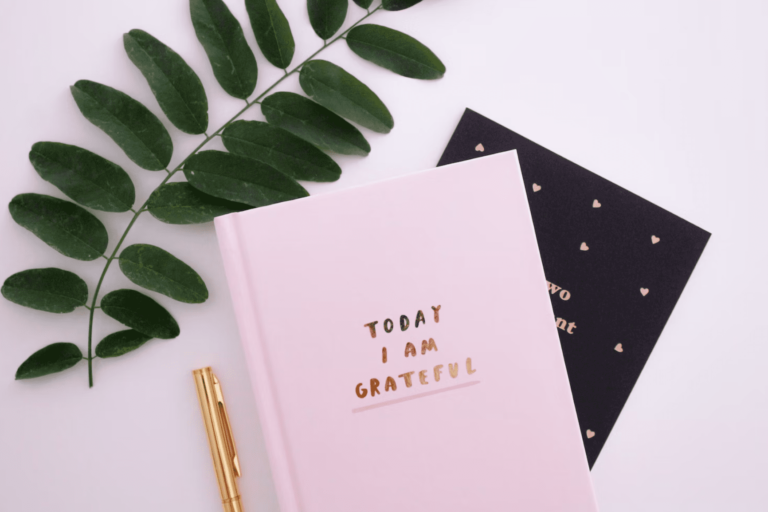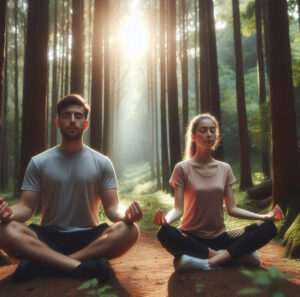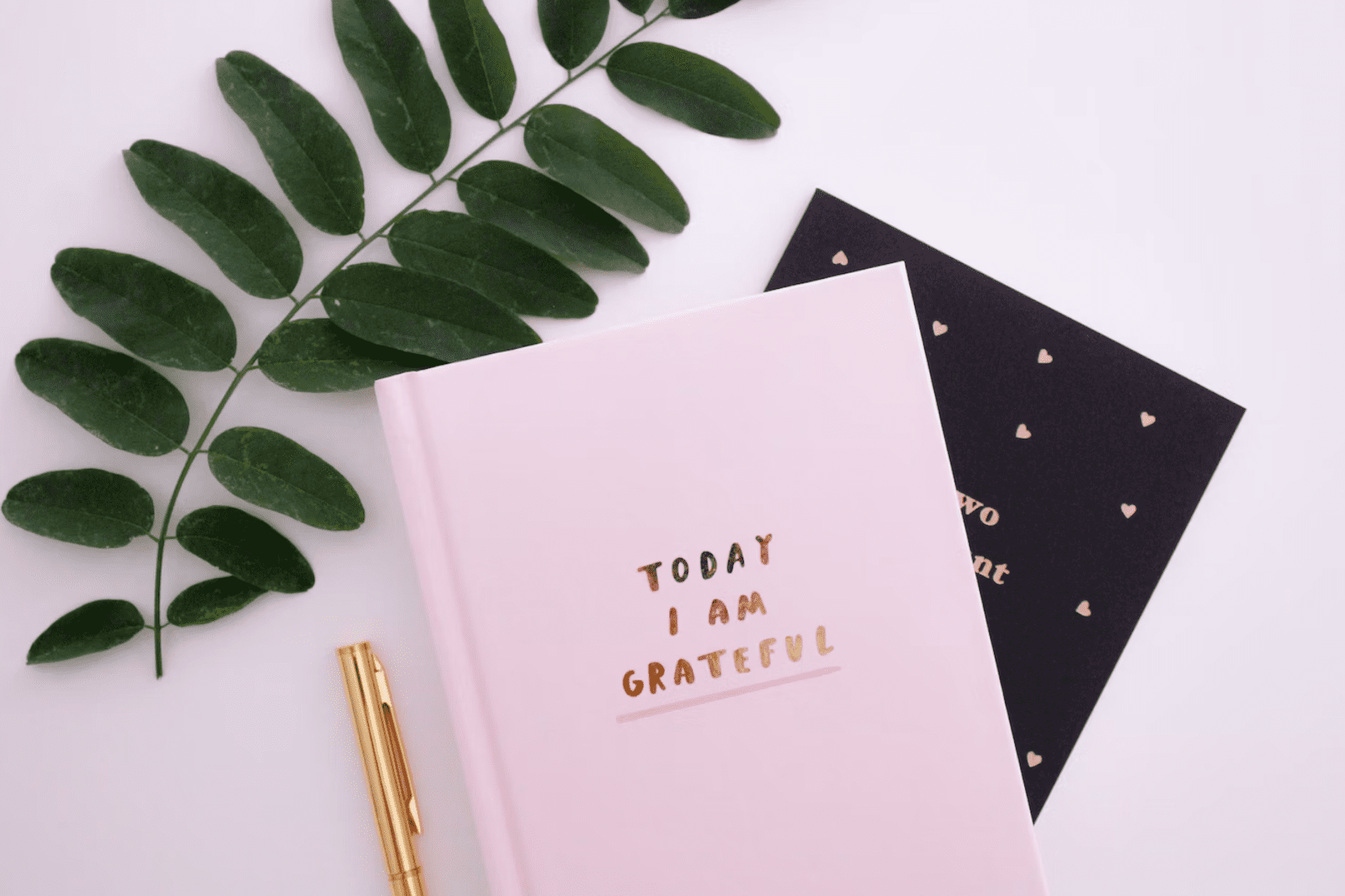

How Gratitude and Mindfulness Can Transform Your Life
How gratitude and mindfulness can transform your life? Have you ever felt stressed, anxious, or unhappy with your life? Have you ever wished for more joy, peace, and fulfillment? Many people struggle with negative emotions and dissatisfaction in their daily lives. But what if there was a simple way to change that? What if there was a way to transform your life for the better? There is. And it’s called gratitude and mindfulness.
Gratitude and mindfulness are powerful practices that can help you improve your well-being, happiness, and health. They can also help you cope with challenges, overcome difficulties, and achieve your goals.


What Is Gratitude?
Gratitude is the quality of being thankful and appreciative of what you have. It’s the ability to recognize and acknowledge the good things in your life, whether big or small, material or spiritual, personal or shared. It’s the attitude of seeing the glass as half full rather than half empty.
Why Is Gratitude Important?
Gratitude is important because it can have many positive effects on your life. According to research, gratitude can:
- Boost your mood and happiness.
- Reduce your stress and anxiety.
- Enhance your self-esteem and confidence.
- Strengthen your relationships and social connections.
- Increase your optimism and resilience.
- Improve your physical and mental health.
- Motivate you to achieve your goals.
How Can You Practice Gratitude?
There are many ways to practice gratitude in your life. Here are some simple suggestions:


- Keep a gratitude journal. Write down three things that you are grateful for every day. They can be anything from the sun shining to a compliment from a friend to a delicious meal. Try to be specific and detailed, and feel gratitude as you write.
- Express your appreciation for others. Tell someone how much you appreciate them or what they did for you. Write a thank-you note, send a text message, or give a hug. Show gratitude to your loved ones and strangers, such as a cashier, servant, or bus driver.
- Say a gratitude prayer or mantra. Start or end your day with a prayer or mantra of gratitude. You can use words that resonate, such as “Thank you for this day” or “I am grateful for all I have.” You can also use gratitude affirmation, such as “I am blessed” or “I have enough.”
- Create a gratitude ritual. Incorporate gratitude into your daily routine. For example, you can say something you are grateful for every time you wake up, brush your teeth, eat a meal, or go to bed. You can also create a gratitude jar or board to collect notes or images of things you are grateful for.
- Practice gratitude meditation. Sit comfortably in a quiet place and close your eyes. Breathe deeply and relax your body and mind. Bring to mind something or someone that you are grateful for. It can be anything from your health to your family to your pet. Feel the warmth and joy of gratitude in your heart. Repeat silently or aloud, “Thank you,” as you focus on the object of your appreciation.
What Is Mindfulness?


Mindfulness is the quality of being present and aware of what is happening in the present moment. It’s the ability to pay attention to your thoughts, feelings, sensations, and surroundings without judging. It’s the state of being fully engaged and attentive to whatever you are doing.
Why Is Mindfulness Important?
Mindfulness is important because it can help you improve your well-being, happiness, and health. According to research, mindfulness can:
- Calm your mind and body.
- Reduce your stress and anxiety.
- Enhance your focus and concentration.
- Increase your creativity and productivity.
- Improve your emotional intelligence and empathy.
- Foster your self-awareness and self-regulation.
- Prevent or treat depression, chronic pain, addiction, insomnia, and other conditions.
How Can You Practice Mindfulness?


There are many ways to practice mindfulness in your life. Here are some simple suggestions:
- Do one thing at a time. Avoid multitasking and distractions. Be present at the moment and focus on the task at hand.
- Pay attention to your senses. Notice what you see, hear, smell, taste, and touch each moment. Observe the colors, shapes, sounds, smells, flavors, and textures of everything around you. Appreciate the beauty and richness of life.
- Be aware of your breath. Breathe deeply and slowly. Feel the air entering and leaving your nostrils, chest, and abdomen. Follow the rhythm and flow of your breath. Use your breath as an anchor to the present moment.
- Scan your body. Start from the top of your head and move down to your toes. Notice any sensations, tensions, or emotions in each part of your body. Relax and release any tightness or discomfort. Thank your body for supporting you.
- Observe your thoughts and feelings. Please pay attention to your thoughts and feelings as they come and go. Don’t try to stop, change, or judge them. Just let them be. Recognize that they are not you but just temporary phenomena.
- Practice mindfulness meditation. Sit comfortably in a quiet place and close your eyes. Breathe deeply and relax your body and mind. Bring your attention to the present moment. When you notice your attention has drifted, gently bring it back to the present moment.
How Gratitude and Mindfulness Can Transform Your Life
Gratitude and mindfulness are two powerful practices that can transform your life for the better. They can help you:
- Savor the little things in life.
- Appreciate what you have and who you are
- Accept what you cannot change and change what you can
- Learn from your mistakes and grow from your challenges.
- Connect with yourself, others, and nature.
- Live with purpose, meaning, and fulfillment.
As Oprah Winfrey said, “Be thankful for what you have; you will have more. If you concentrate on what you don’t have, you will never have enough.” We hope you found this article helpful. Also, let us know what you think in the comments section below. Thank you for reading, and see you at the next one!




